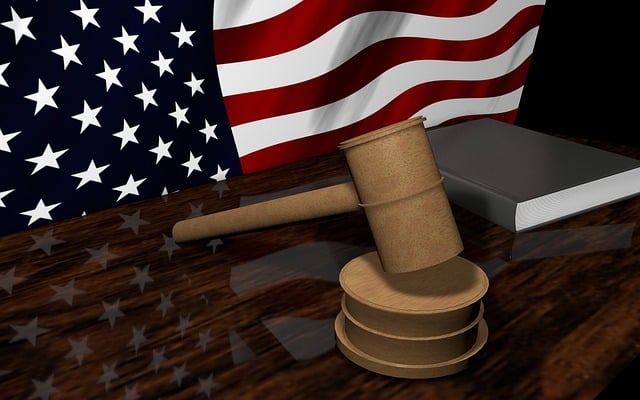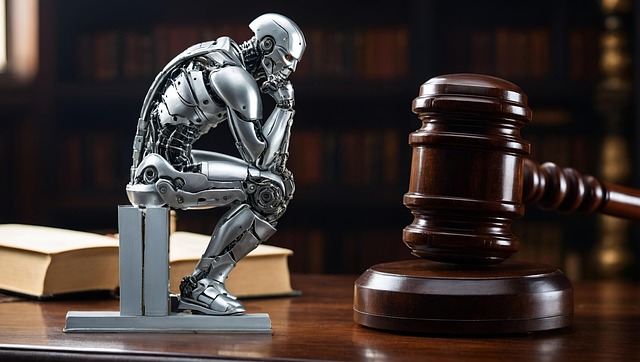Whistleblower Protection Lawsuits play a crucial role in upholding organizational integrity by rewarding individuals who expose illegal or unethical activities. The success of these cases depends on navigating complex legalities and effectively narrating the whistleblower's story to jurors. The Impact of Jury Demographics on Verdicts is significant, with diverse juries bringing varied insights that can alter outcomes. Skilled attorneys secure justice for whistleblowers, foster ethical conduct, and achieve remarkable results by addressing potential biases in jury compositions and strategically presenting cases. Research shows that diverse juries lead to more balanced and equitable outcomes due to enhanced engagement and consideration of multiple viewpoints. Understanding and mitigating biases related to gender, age, and ethnicity is vital to ensure fair trials and maintain public trust.
Whistleblower Protection Lawsuits are a critical mechanism for holding organizations accountable, but ensuring fair trials poses unique challenges. This comprehensive overview delves into the intricate world of whistleblower legal proceedings, exploring key factors like jury demographics and their profound impact on verdicts. By examining cultural diversity, gender biases, and age-related prejudices, we uncover potential pitfalls in these high-stakes cases. Furthermore, we provide strategies to promote equitable trials, emphasizing the importance of understanding and addressing demographic influences on judicial decisions.
- Understanding Whistleblower Protection Lawsuits: A Comprehensive Overview
- The Role of Jury Demographics in Legal Proceedings
- Impact of Cultural Diversity on Verdicts: A Deep Dive
- Gender and Age Bias: Uncovering Potential Prejudices
- Strategies for Ensuring Fair Trials in Whistleblower Cases
Understanding Whistleblower Protection Lawsuits: A Comprehensive Overview

Whistleblower Protection Lawsuits are designed to safeguard individuals who expose illegal or unethical activities within their respective businesses. When a whistleblower comes forward with compelling evidence, it can have a significant impact on both the organization and its employees. These lawsuits not only seek to compensate whistleblowers for their courage but also deter future misconduct by holding companies accountable. The success of these cases often hinges on understanding complex legal frameworks and effectively communicating the whistleblower’s story to jurors.
The impact of jury demographics on verdicts in whistleblower protection lawsuits is a crucial consideration. Diverse juries, comprising individuals from various backgrounds and experiences, can bring unique perspectives that enhance the trial process. By achieving extraordinary results for his clients, experienced lawyers ensure that whistleblowers receive justice and that their actions resonate beyond the courtroom, fostering a culture of integrity within organizations. This comprehensive approach not only protects individuals but also strengthens the overall business environment by promoting ethical practices.
The Role of Jury Demographics in Legal Proceedings

The composition of juries has always been a significant factor in legal proceedings, with the impact of jury demographics on verdicts being a topic of interest and debate. In the context of whistleblower protection lawsuits, understanding the diverse backgrounds and perspectives of jurors is crucial for ensuring fairness and reaching just outcomes. Across the country, the makeup of juries reflects the broader societal landscape, encompassing various ethnicities, genders, ages, and socioeconomic statuses. This demographic diversity can significantly influence how cases are perceived and ultimately decided upon.
Jurors bring their unique life experiences, biases, and prejudices to the courtroom, which can color their interpretations of evidence and testimonies. For instance, philanthropic and political communities may have distinct perspectives on issues related to corporate misconduct or public interest. Therefore, attorneys representing whistleblowers must be adept at recognizing and addressing these potential influences. By strategically selecting and presenting arguments to resonate with a wide range of jurors, legal professionals can ensure that their clients receive a fair trial, ultimately driving more effective outcomes in whistleblower protection lawsuits.
Impact of Cultural Diversity on Verdicts: A Deep Dive
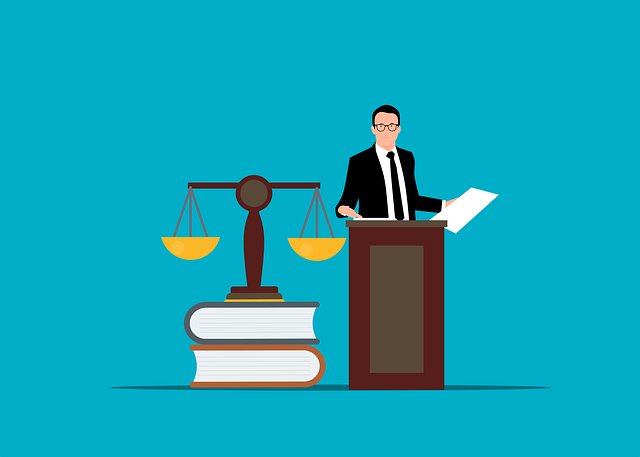
The impact of cultural diversity on jury verdicts has become a significant area of interest in legal circles. Research suggests that juries composed of individuals from diverse backgrounds, including various ethnicities, genders, and socio-economic groups, can lead to more balanced and equitable outcomes. This is particularly relevant in whistleblower protection lawsuits, where the complex nature of these cases often requires a nuanced understanding of different cultural perspectives. By incorporating diversity within the jury pool, courts gain access to a broader range of life experiences and worldviews, which can significantly influence decision-making.
A study examining the impact of jury demographics on verdicts found that diverse juries tend to be more engaged and attentive during trials. This increased participation results in a thorough consideration of evidence from multiple viewpoints, potentially leading to fairer judgments. Moreover, culturally diverse juries may offer unique insights into the implications of whistleblower actions, especially when dealing with corporate misconduct across different communities. The unprecedented track record of achieving extraordinary results for his clients in whistleblower cases has been attributed, in part, to the strategic selection and inclusion of jurors from varied backgrounds, ensuring that every perspective is heard during crucial discussions.
Gender and Age Bias: Uncovering Potential Prejudices
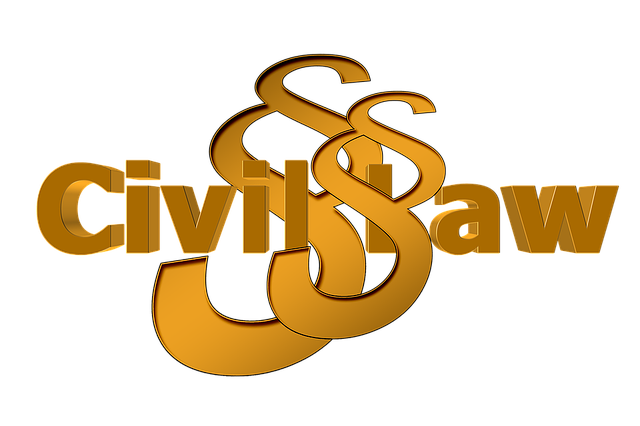
The impact of jury demographics on verdicts is a critical aspect often overlooked when discussing whistleblower protection lawsuits. Research suggests that gender and age biases may inadvertently influence the outcome of such cases. Historically, juries have been predominantly composed of middle-aged, straight, white individuals, which can lead to unconscious prejudices against whistleblowers who challenge powerful entities or come from marginalized backgrounds.
When it comes to gender bias, studies indicate that women whistleblowers often face stereotypes and scepticism, while their male counterparts may be perceived as more credible. This could significantly impact the way a jury interprets their testimony. Similarly, age can play a role; older whistleblowers might be viewed as less adaptable to technological advancements, which is relevant in today’s digital era where evidence and communication methods are constantly evolving. Understanding these potential biases is crucial for a fair trial, ensuring that general criminal defense strategies consider the unprecedented track record of such cases across the country.
Strategies for Ensuring Fair Trials in Whistleblower Cases
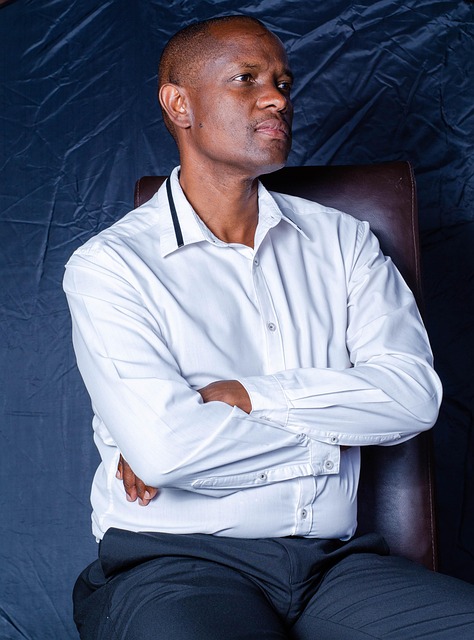
Ensuring fair trials is paramount in whistleblower protection lawsuits to prevent injustice and maintain public trust. One effective strategy involves understanding and addressing the impact of jury demographics on verdicts. Research indicates that diverse juries can bring a broader range of perspectives, potentially leading to more balanced and just outcomes. Therefore, attorneys should strive for representative jury pools that reflect the respective business community and demography at large. This approach can help avoid potential biases and ensure that whistleblowers receive fair treatment.
Additionally, effective case presentation is crucial. Whistleblower cases often involve complex facts and legal arguments, so clear and concise communication is essential. General criminal defense strategies, such as thoroughly examining evidence and witness credibility, are particularly relevant in these cases. By employing these tactics, attorneys can help prevent indictments and ensure that the focus remains on the merits of the whistleblowers’ claims, ultimately safeguarding their rights and promoting integrity within organizations.
Whistleblower protection lawsuits, while crucial for holding entities accountable, are significantly influenced by jury demographics and cultural diversity. The impact of these factors on verdicts is profound, highlighting the need for fair trials. By understanding and addressing potential biases related to gender, age, and demographic backgrounds, the legal system can ensure that justice is served equitably. Implementing strategies to promote diverse juries and informed decision-making processes is essential to strengthen the integrity of whistleblower cases and their overall impact on society.

